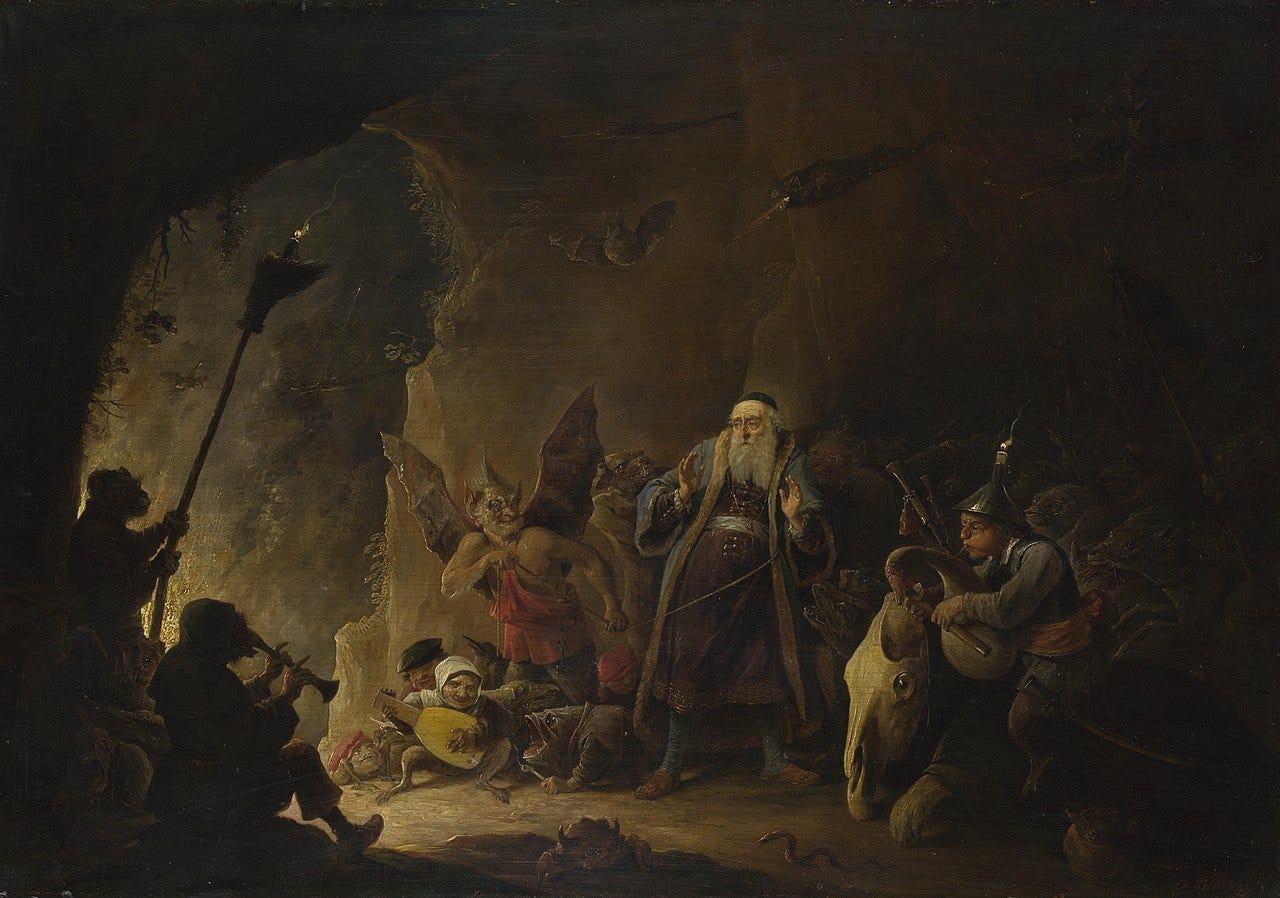The Alms That Save Us
The parable of the rich man and Lazarus (Luke 16:19–31) is not merely about wealth. When I reflect on the text I think about blindness. A failure to see. A failure to acknowledge. The rich man’s sin wasn’t that he harmed Lazarus. The sin was he stepped over him. Daily. And never noticed.
We can live that same blindness today.
Jesus never stops talking about the poor. Not to shame us, but to wake us. They are the clearest window into the Gospel. To give alms is not an optional virtue. To give alms is a necessary grace.
The 19th-century poet and Jesuit priest Gerard Manley Hopkins once gave startling advice to his friend Robert Bridges, a physician and future Poet Laureate of England. Bridges was wrestling with unbelief, asking how one might come to faith. Hopkins didn’t reply with arguments or doctrine. Instead, he said: “Give alms... give to the poor, and do so to the point of sensible inconvenience.”
Hopkins knew something many miss: charity has a way of opening the heart that argument cannot. Not just giving from surplus, but from substance. The kind that pinches.
In my own life, I think of my dad who was raised in Appalachian poverty. He was a simple man who was marked by the Gospel. Whenever I gave him gifts for his birthday or Christmas, I’d soon notice they were gone. He’d always given them away. Someone needed it more. He never explained it. He just lived it.
Jesus says, “Where your treasure is, there will your heart be also” (Matt 6:21). It’s not a metaphor. It’s spiritual law. What we keep, we lose. What we give, we carry into eternity.
There is a sacramentality in almsgiving. It transforms not just the one receiving, but the one who gives.
Let us then beg Christ for the grace to see. To truly see the ones we are tempted to overlook. May we not step over Lazarus. May we not step over Christ.
© 2025, Lawain McNeil, Mission Surrender, LLC.




Oh, Lawain, such a lesson to be reminded of: ‘what we keep, we lose; what we give, we carry into eternity’.. thanks for the direction..